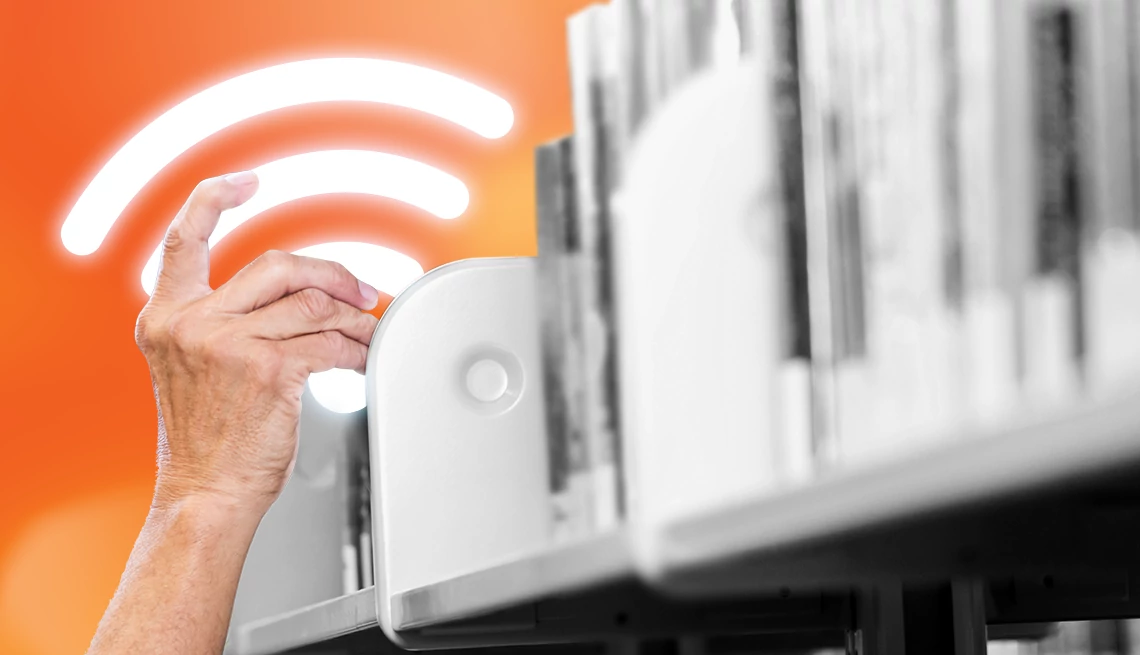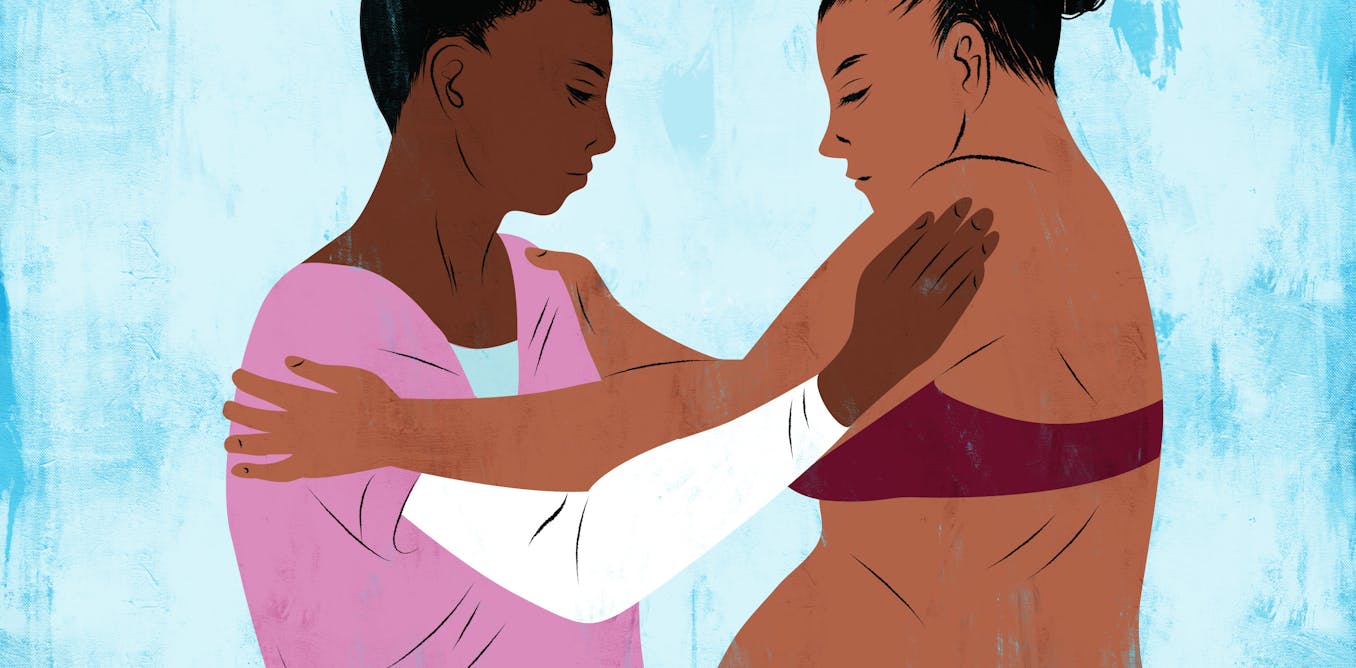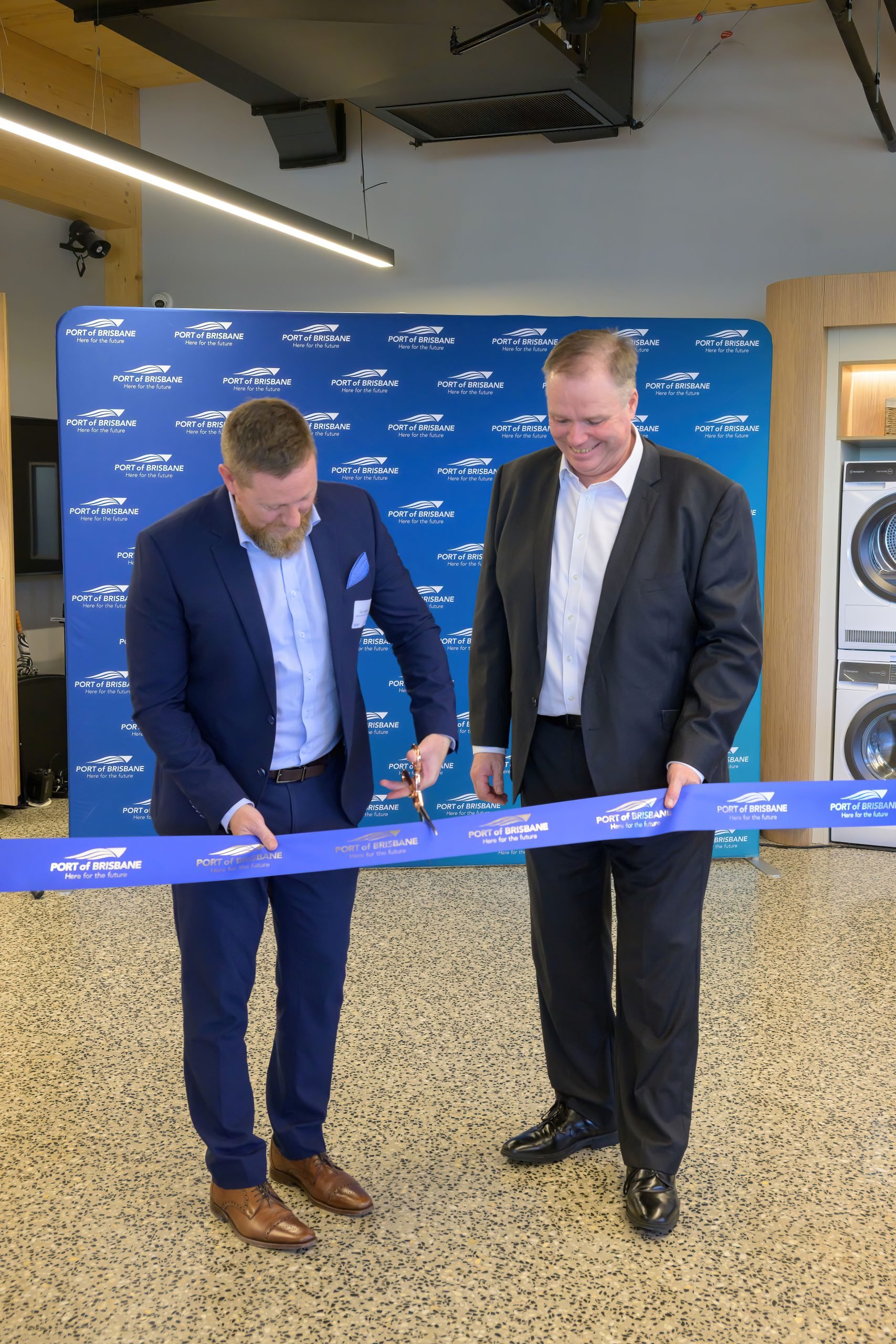
- Select a language for the TTS:
- UK English Female
- UK English Male
- US English Female
- US English Male
- Australian Female
- Australian Male
- Language selected: (auto detect) - EN
Play all audios:
Photo Collage: AARP; (Source: Getty Images (3)) Facebook Twitter LinkedIn In this story Lending mobile hot spots • Libraries as community hubs • Teaching the technology
If you routinely visit your local library to check out books and movies and perhaps use a computer or the free Wi-Fi, soon you may be able to borrow a portable Wi-Fi hot spot to take home.
By a vote of 3 to 2, the Federal Communications Commission (FCC) adopted rules Thursday that will let people who can’t afford home internet check out Wi-Fi hot spots from their public
library.
Money will come from an expansion of the FCC’s E-Rate program, which has been in place since 1996 to help schools and libraries nationwide afford broadband internet access. These schools and
libraries will be able to apply for E-Rate money to buy the hot spots and contracts for the devices’ internet service; libraries in wealthy communities get less E-Rate support than those in
low-income areas.
Hot spots use cellular technology to create a portable connection to the internet for devices such as your laptop, tablet or smart TV. They generally rely on speedy 5G service but 4G in
areas where mobile carriers haven’t installed the latest generation of wireless.
Your smartphone may be able to moonlight as a Wi-Fi hot spot. But if you do that frequently and have data limits on your plan, you may discover an unexpected bill for overages.
Wi-Fi hotspot program reinforces libraries as support network
The hot spot program is largely designed to help students on the wrong side of the digital divide who have been hanging out in library parking lots or fast-food restaurants just to grab a
free Wi-Fi signal. But older adults who frequent libraries also will benefit, FCC Chairwoman Jessica Rosenworcel told AARP.
Public libraries today do more than lend physical books, DVDs and CDs. In their digital collections are audiobooks, e-books, magazines and video games. They provide space for club meetings
and crafting, help with job applications and taxes and a place to be social.
Affordable broadbandFinding cheap internetLifeline discountsHot spots on library loan5G wireless homeinternetHow to compareWorries about ACP’s endSubsidy money runs out
“Libraries are community anchor institutions,” Rosenworcel says. “About two-thirds of seniors have used their libraries in the last year, and half visit at least once a week. … I think a
program that allows for the loaning of Wi-Fi hot spots at our libraries can do some really good things for seniors who might be a little less connected at home, a little less familiar with
technology and perhaps also living on a fixed income where keeping that up and running is a challenge.”
Another challenge comes if you have student-age kids or grandkids at home who struggle with getting their homework done without internet access. Depending on the hot-spot model and strength
of the cellular signal, the small device can connect as many as 10 others simultaneously.





